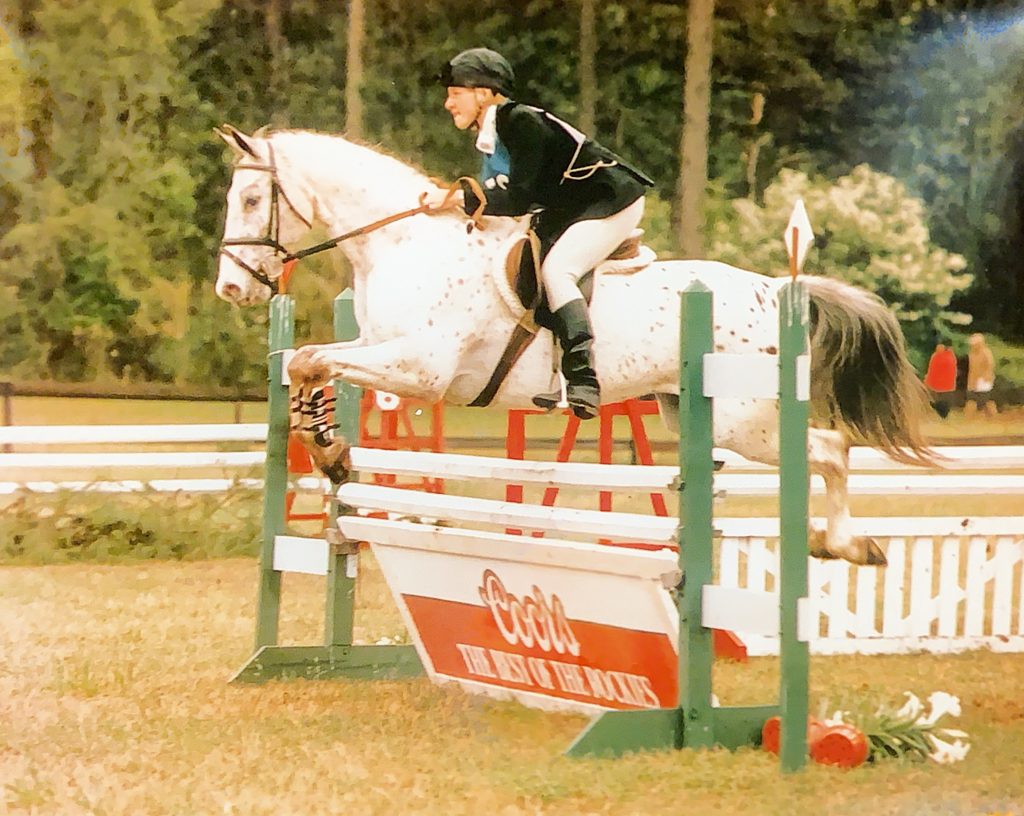
You’re a young adult now, independent, a few months into your first real professional job, living on your own, self-supporting. You’ve finally gotten to the place financially where you are able to pay your rent, cover your necessities, and save some money every paycheck. Congrats! Now, the question is, where do you allocate that money? 401(k), savings account, emergency fund, pay off debt, IRA, so many options. All are good choices, but what should the priorities be?
Here’s the basic beginner’s guide:
- 401(k) with match. If you have a job that offers a 401(k) with employer match, always immediately sign up to contribute enough to get the maximum employer match. The way this works is, you can only contribute to a 401(k) if your employer offers it. A typical employer match looks something like, they will match 100% of your contribution up to 3%. This would mean that if you earn $800 per week, and sign up for a 3% contribution, then you will have $24 deducted from your pay each week and put into an investment account that you own and control. And on top of that, your employer will give you another $24 each week, doubling your savings.
This is your money, you can take it with you when you change jobs. It’s tax sheltered, meaning your contributions are deducted from your taxable income. It also can grow tax sheltered, meaning as your money earns money, it is not taxed. And the match is free money, so it’s crazy to not take it. A small note – if your employer offers a Roth 401(k) as an alternative to a traditional 401(k), you should take the Roth version – but this is rather uncommon, so if they only offer the traditional 401(k), that’s still great. - Emergency fund. Since you are young and fortunate enough to have parents that are able and willing to help in a crunch, you don’t need the full blown 3 or 6 months of living expenses type of emergency fund yet. If you had a real, major crisis, your fallback plan would just be move back home with us. As such, you only need a small emergency fund, to bridge you for small crises like a few weeks between jobs, perhaps, or an unexpected critical expense. Probably about 1 month’s rent would work for now. So save that up first, in a high interest savings account (right now 1% or better is a decent interest rate for savings of $500 to $1,500 or so; later when you have more savings you can get higher interest rates).
- Pay off debt. Debt is a giant drag on your progress towards financial independance, and the faster you get to zero debt the better. Once you have taken your 401(k) match and have a minimal emergency fund, 100% of your savings should go towards paying off your debt till it hits zero. Pay off your highest interest rate debt first, till that is gone. Then pay the next highest, and so on. If you have two debts with the same interest rate, pay off the smaller one first. That will reduce your minimum payment requirements and thus reduce your emergency budget (that’s the amount you need each month to cover you absolutely mandatory expenses, in an emergency), as well as simplifying your record keeping.
- Roth IRA. Your next step is to max out your Roth IRA. If you don’t already have one, you can open one at Vanguard. You are allowed to contribute up to $6,000 per person per year to your IRA, as long as you have $6,000 or more of earned income from a job. (Note this amount is as of 2019 – these amount change every year or two, typically rising slightly). There are two types of IRAs, Roth and Traditional. Right now, you are low enough income that you will get much better benefit from the after-tax saving of a Roth. Once your income is higher and you have a meaningful tax burden, you may want to switch to the pre-tax deduction of a Traditional IRA, but for now let’s not worry about that.
You will need to invest your IRA money in someting – the best is an index fund, or a target date fund. I recommend VTTSX (Vanguard’s 2060 target date fund), but feel free to pick a different year. The year just signifies when you would start drawing on these funds for retirement. You will need to have saved up a minimum of $1,000 for the target date fund. You could also choose VFIAX (Vanguard’s index fund that tracks the S&P 500), but you’d need to have saved up $3,000 to get started with that, so I’d start with the target date fund and maybe make changes later on.
That’s enough to get you started. Once you have paid off all your debts, started a basic emergency fund, maxed out your Roth, and of course taken the full employer match for a 401(k), check back with me and we’ll talk about next steps.
Important Note
Once you have a Roth and/or 401(k) with an index fund or target date fund, you are now invested in the stock market, and own lots of little slices of lots of companies. The stock market will go up and down. A lot. Over the long haul, if you invest regularly (every week, every month, like clockwork), your money will grow. And it’s nice to see those numbers go up. But, sometimes, the market will drop, sometimes a lot, and then all of your numbers will shrink, maybe even to less than you put in originally. That can be scary.
Do NOT panic and sell when the market drops!
The single most important thing to know is that when the market drops, you must not sell. The only time you really lose money is if you sell after the market drops. Be patient, do not sell. If you have some spare cash, this is actually a great buying opportunity. You can think of it as the stock market having a sale. So buy, if you can, or sit tight and wait, but do not sell.
Market drop = buying opportunity!

